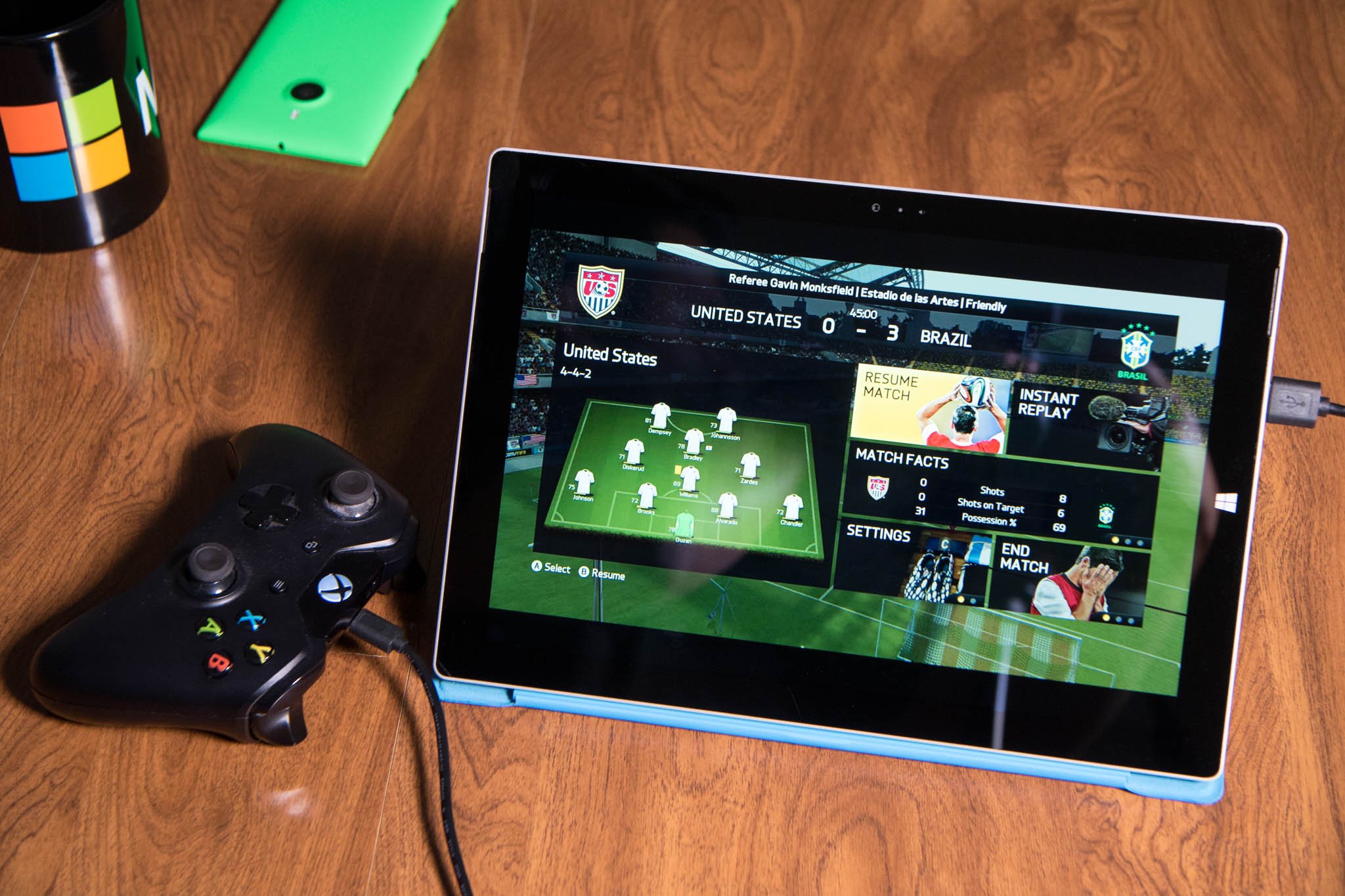Microsoft can automatically disable pirated games on Windows 10 [Update: Maybe not]

All the latest news, reviews, and guides for Windows and Xbox diehards.
You are now subscribed
Your newsletter sign-up was successful
Update: Microsoft's Services EULA is different from the one governing Windows (Microsoft Software License Terms), which means that the amendments Microsoft added recently were to protect against counterfeiting of Xbox Live and Windows Store content, and not monitoring (or disabling) illicit content on Windows 10.
Original story follows: Microsoft updated its End User License Agreement (EULA) for Windows 10, with a section stating that the manufacturer has access to disable any counterfeit software or hardware running on your system. The details pertaining to pirated software can be seen in section 7b or "Updates to the Services or Software, and Changes to These Terms", which states:
Sometimes you'll need software updates to keep using the Services. We may automatically check your version of the software and download software updates or configuration changes, including those that prevent you from accessing the Services, playing counterfeit games, or using unauthorized hardware peripheral devices. You may also be required to update the software to continue using the Services.
Such updates are subject to these Terms unless other terms accompany the updates, in which case, those other terms apply. Microsoft isn't obligated to make any updates available and we don't guarantee that we will support the version of the system for which you licensed the software.
While Microsoft's stance against counterfeit games is understandable given the rampant video game piracy, the definition of what constitutes as "unauthorized hardware" is unclear. Also, the wording does not reflect whether the ability to automatically disable counterfeit software will be limited to games, or whether it'll be extended to other software such as Microsoft's own Office platform and Adobe's Creative Cloud suite, both of which are prone to piracy.
We'll have more details to share in the coming days. While the ability to detect and disable counterfeit software and games will be alluring to developers — especially considering earlier versions of Windows made it easy to obtain pirated software illegally — it remains to be seen how this move will affect consumers, who will undoubtedly feel Microsoft's actions to be invasive. The Redmond giant came under fire for the amount of data it collects with Windows 10, and this recent revelation will raise more concerns.
Source: Microsoft (EULA); Via: PC Authority
All the latest news, reviews, and guides for Windows and Xbox diehards.

Harish Jonnalagadda is a Senior Editor overseeing Asia for Android Central, Windows Central's sister site. When not reviewing phones, he's testing PC hardware, including video cards, motherboards, gaming accessories, and keyboards.
